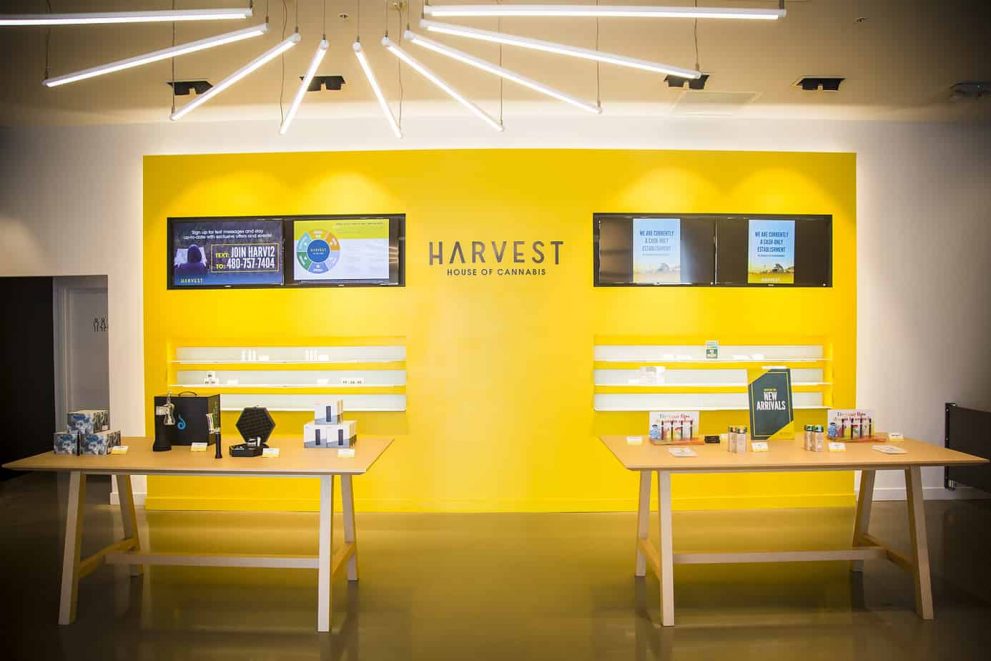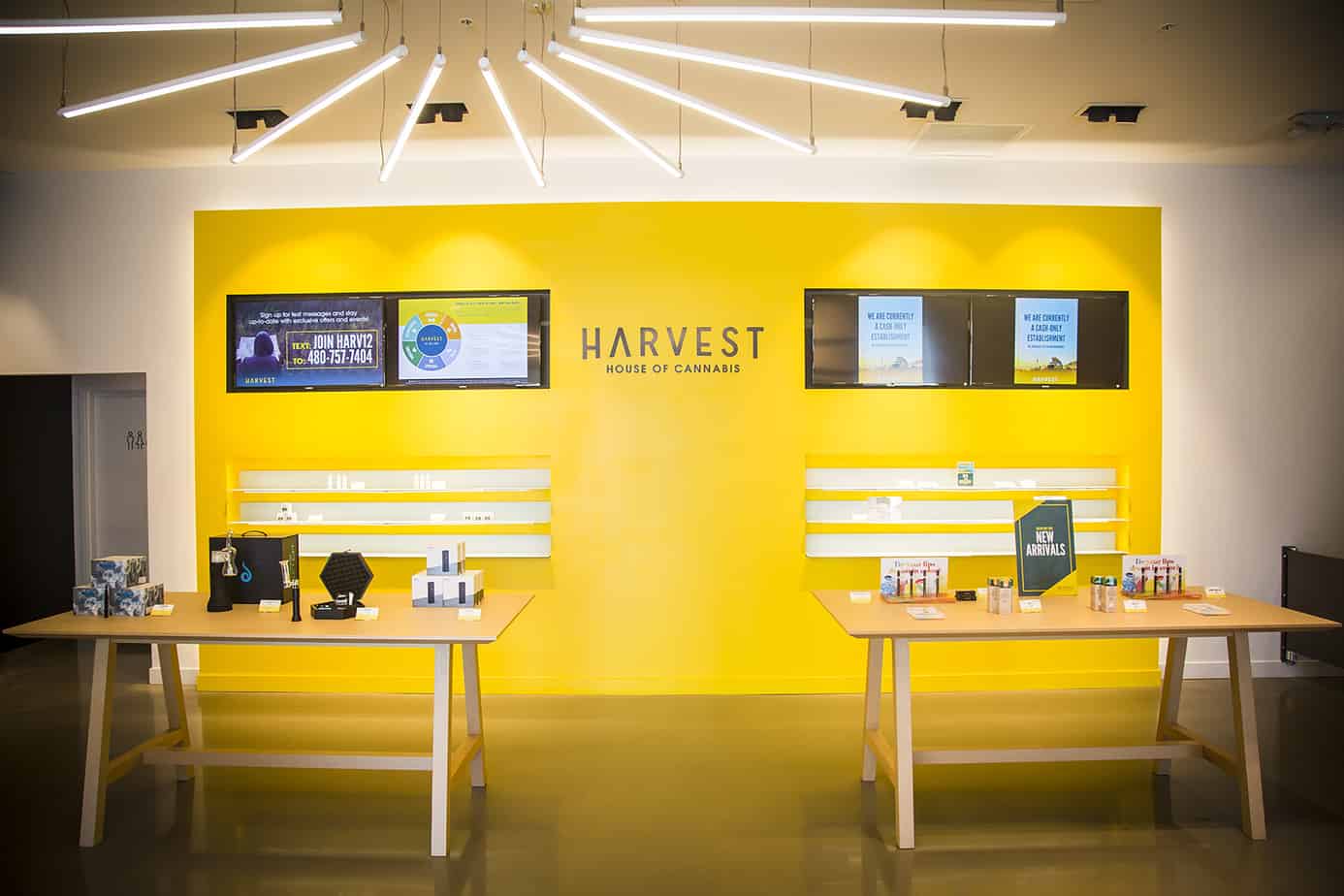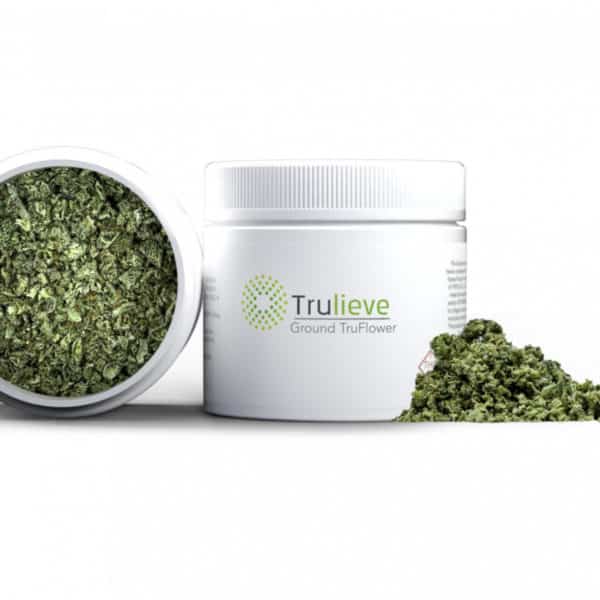
 The turnaround is taking shape for US cannabis company Harvest Health & Recreation (Harvest Health & Recreation Stock Quote, Chart, News CSE:HARV), according to Stifel GMP analyst Andrew Partheniou, who raised his rating on HARV in an update to clients on Wednesday. Partheniou is now a “Buy” on the stock (previously “Hold”) and his target price has gone from C$2.00 to C$3.50, which at press time represented a projected 12-month return of 45.8 per cent.
The turnaround is taking shape for US cannabis company Harvest Health & Recreation (Harvest Health & Recreation Stock Quote, Chart, News CSE:HARV), according to Stifel GMP analyst Andrew Partheniou, who raised his rating on HARV in an update to clients on Wednesday. Partheniou is now a “Buy” on the stock (previously “Hold”) and his target price has gone from C$2.00 to C$3.50, which at press time represented a projected 12-month return of 45.8 per cent.
Tempe, Arizona-based Harvest Health, a US multi-state operator (MSO) with retail, consumer products and wholesale business across the country, announced third quarter 2020 financials on Tuesday, coming in with Q3 revenue of $61.6 million, up 86 per cent year-over-year and up 11 per cent sequentially. The company’s net loss was $2.1 million compared to $39.1 million a year earlier and EBITDA excluding biological adjustments was at $10.5 million was up from $4.1 million for the Q2. Harvest finished the quarter with cash and equivalents of $62.8 million compared to $22.7 million a year earlier. (All figures in US dollars except where noted otherwise.)
It’s been a busy few months for HARV, which over the third quarter opened new dispensaries in Phoenix and Cranberry Township, Pennsylvania, and then two more retail locations in Pennsylvania, bringing its national total to 39 across seven states. Subsequent to the quarter’s end Harvest terminated the agreement to sell two California retail assets, completed a bought deal financing for $32.4 million and reached a settlement with Devine Holdings to buy three medical cannabis licenses in Arizona.
And that was all before the US election on November 3, which saw the state of Arizona — where HARV had as of September 30 15 open dispensaries — vote in favour of recreational cannabis consumption.
In its quarterly commentary, management boosted its full 2020 guidance to greater than $225 million, up from between $215 and $220 million, saying, “We remain focused on improving the profitability of our business and we expect our gross margins will continue to trend upwards overall, with some quarterly fluctuations due to mix and market changes.”
For his part, CEO said in the press release, “Our third quarter results demonstrate further progress toward our primary goal of returning to profitability through revenue growth, cost controls, and investments in our core markets of Arizona, Florida, Maryland and Pennsylvania. We are focused on preparing for recreational cannabis in Arizona in 2021 and continuing to build on this positive momentum as we execute on our plan.”
Partheniou remarked that the Q3 was HARV’s second consecutive with a strong profitability beat, which boded well for a repeat in the fourth quarter. The sales of $62 million were in line with the analyst’s $60-million forecast and slightly above the consensus $58 million. On adjusted EBITDA, Partheniou estimated about $8 million when including pre-opening costs, which was an easy beat of his $5-million estimate as well as the same from the Street. A strong gross margin and stable SG&A were factors, according to Partheniou.
“Historically, HARV was one of the more aggressive MSOs and sought out to grow its platform through a series of acquisitions. Despite the company executing well on smaller M&A, management had difficulty completing larger deals with its most prolific being terminated. However, after a management shakeup, HARV shifted its priorities towards achieving profitability by focusing on fewer core states including its industry leading position in Arizona,” Partheniou wrote.
The analyst expects little additional licensing in Arizona going into the rec market, as the state should leverage its current well-developed medical program infrastructure for the new adult-use market. The effect should be increased productivity with minimal extra costs.
“HARV could further compound on this through its exclusive partnership with the highly successful brand, Cookies, which we believe could be a significant traffic driver. Matched with HARV’s likely strong margin sales from its other core states, we believe we could see the company’s robust margin growth be sustained in 2021,” Partheniou wrote.
On guidance, Partheniou thinks HARV adopted a conservative stance and that there’s potential for upside supported by the two store openings in late Q3 and the two more in October.
“In addition, we note Q3/20 adj. EBITDA has already surpassed consensus’ Q4/20 estimate of ~$7 million while roughly meeting our forecast, suggesting expectations could be too low,” he said.
The analyst said management’s aim of restructuring its existing debt on the back of being less capital constrained, seeing rapidly expanding margins and having an advantageous position in Arizona. Such a move would give the company flexibility to reinvest in driving market share capture across HARV’s core states.
“Our positive stance on HARV is supported by: 1) the absence of significant pending M&A de-risking somewhat the company’s outlook; 2) HARV’s diversified platform spanning attractive states with vertically integrated operations; and 3) AZ legalizing REC sales with HARV having a leading position in the state,” Partheniou said.
Leave a Reply
You must be logged in to post a comment.





 Share
Share Tweet
Tweet Share
Share




Comment